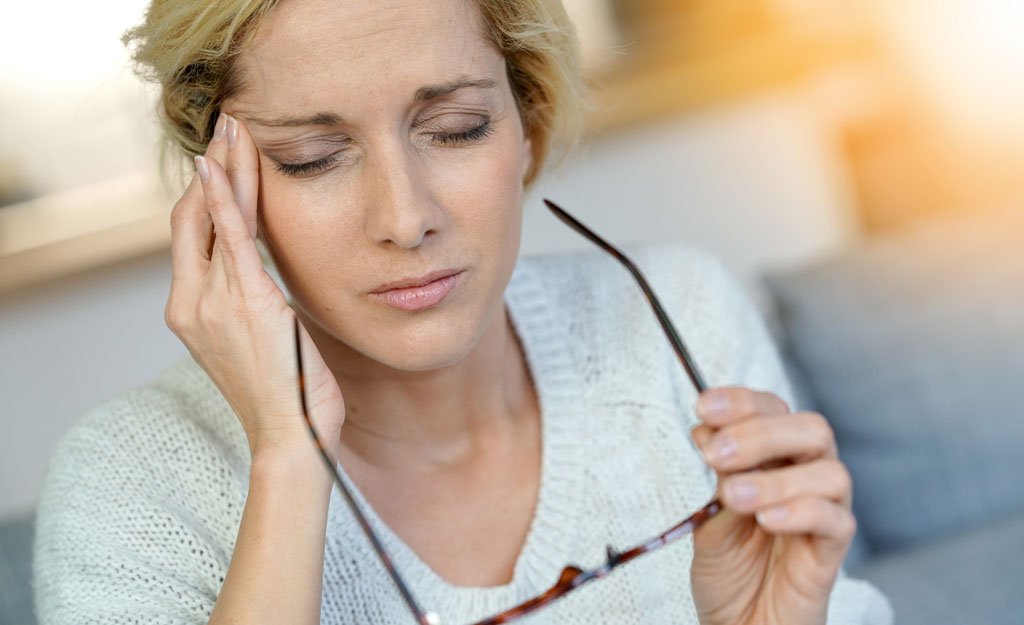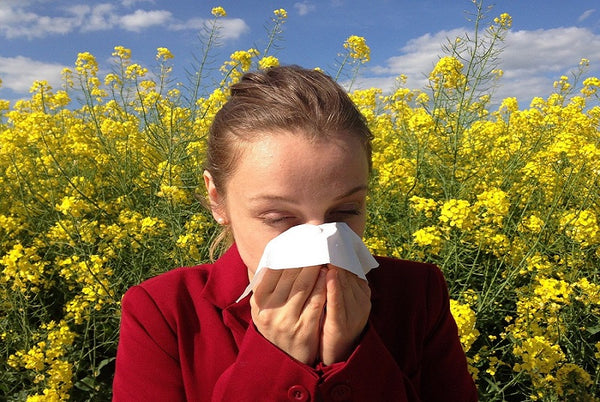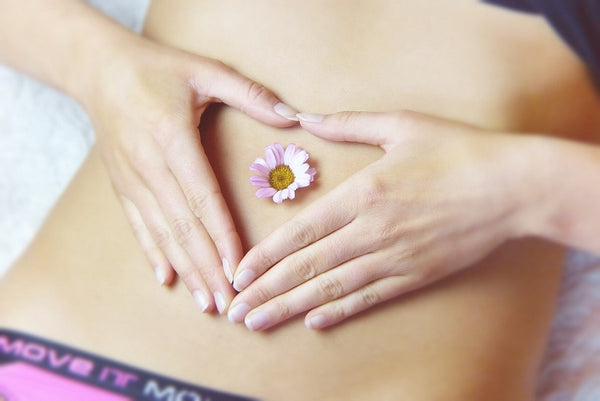
Migraines: How You Can Manage & Prevent Them
What is a migraine? It’s more than just a regular headache. It is an attack of severe head pain that generally lasts for hours but can persist for days.
Migraines are usually accompanied by sensory symptoms, including:
- flashes of light
- blind spots
- tingling in the arms and legs
- nausea
- vomiting
- increased sensitivity to light and sound
Possible causes of migraines
Genetics are thought to sometimes play a role in chronic migraines. People who have migraines tend to have a combination of factors that trigger their headaches. In addition to fluctuations in hormones, these can include:
- food intolerances (gluten is a big one)
- skipping meals
- getting too much or too little sleep
- intense lights, sounds, or smells
- severe weather changes
- alcoholic beverages (especially red wine) and sulfites
- too much caffeine or caffeine withdrawal
- stress
- processed meats, hard sausages, and smoked fish
- monosodium glutamate (MSG)
- aged cheeses (contain a compound called tyramine which can trigger headaches)
- soy products such as hydrolysed vegetable protein
- artificial sweeteners such as aspartame
- chemicals and toxins (perfumes, cleaner, and plastics can be triggers)
Natural ways to help relieve a migraine
- Craniosacral massage and osteopathy can sometimes provide relief if it’s a structural issue.
- Make sure your nutrient levels are all within reference ranges (particularly iron and B12).
-
Nutrients and herbs can also be helpful. Riboflavin (Vitamin B2) has shown to be useful as a preventive strategy for migraines. It is taken on a daily basis at 500 mg. B6 and B12 are important as well. Others that have been reported to help with a migraine include Black Cohosh (one of the main herbs in Happy Hormones), Feverfew, Magnesium, Ginger, Coenzyme Q10 (CoQ10), Vitamin D and 5-HTP. Best to work under the guidance of a natural practitioner.
- Limit your caffeine intake – drink less coffee and no energy drinks or sodas.
-
Acupuncture and daith piercing have recently grown in popularity as potential treatments for migraines. Daith piercing involves the piercing of the innermost cartilage fold of the ear. In an attempt to replicate acupuncture, daith piercing is applied to the same part of the ear where an acupuncture needle is traditionally inserted.
- Exercise regularly. Go for a walk, take the stairs and park farther away. Exercise gets your endorphins moving and helps alleviate symptoms associated with hormonal imbalance and menopause. Yoga, Pilates, massage, and meditation can also help lower your cortisol levels.
- Nourish your adrenals. Neurotransmitters are hormones in the nervous system (such as serotonin, epinephrine, norepinephrine, GABA and dopamine) that regulate mood and sleep. Make sure to be aware of and manage your stress levels.
- Essential oils can be helpful such as Lavender and Copaiba
Diet essentials for migraine prevention
-
Eat a diet free of processed foods. Choose organic whenever possible to avoid preservatives, pesticides, and other substances that disrupt hormone balance. Our 8-Week Program is a great guideline to follow.
- Try eating at least five servings of vegetables and two servings of fruit each day. Dark green and leafy vegetables such as spinach, kale, and collards have been shown to help in memory recall and other mental functions.
- Stay well hydrated. Drink filtered water when possible.
- Load up on berries that are packed with antioxidants like blueberries, blackberries, cranberries, and strawberries. Fresh or frozen, they reduce oxidative stress and add vital nutrients.
- Avoid saturated and trans fats and choose healthy vegetarian fats such as organic olive oil.
- Choose foods high in Vitamin C like red peppers, citrus, pine nuts, and seeds. These foods are also great for skin protection, leading to fewer wrinkles and less skin dryness overall.
- Boost your omega-3s, a beneficial fatty acid found in fish oil, walnuts, sesame, hemp, and flaxseed oils.
- Add some spice to your diet with herbs that have antioxidant and anti-inflammatory properties. Turmeric (curcumin), garlic, rosemary, and cayenne are great choices.
Migraines and Hormones
Chemical disruptors can also throw off your hormonal balance, so be conscious of them. We recommend you keep a diary for at least three menstrual cycles to help you check whether your migraines are linked to your periods. If you see a pattern, keeping track can help to recognise what stage in your cycle you get a migraine.
Summary
If your migraines are bad for prolonged periods, seek the help of a specialist to check for other underlying causes or anything more severe. In the meantime, why not sign up for our FREE Hormonal Assessment to find out if your migraine symptoms may be related to a hormonal imbalance.
REFERENCES
Boehnke C, Reuter U, Flach U, Schuh-Hofer S, Einhäupl KM, Arnold G. High-dose riboflavin treatment is efficacious in migraine prophylaxis: an open study in a tertiary care centre. European Journal of Neurology. 2004 Jul;11(7):475-7.
https://pubmed.ncbi.nlm.nih.gov/15257686/
Özön AÖ, Karadaş Ö and Özge A. Efficacy of Diet Restriction on Migraines. Noro Psikiyatri Arsivi. 2018 Sep; 55(3): 233–237.
https://www.ncbi.nlm.nih.gov/pmc/articles/PMC6138234/
Goschorska M, Gutowska I, Baranowska-Bosiacka I, Barczak K and Chlubek D. The Use of Antioxidants in the Treatment of Migraine. Antioxidants (Basel). 2020 Feb; 9(2): 116.
https://www.ncbi.nlm.nih.gov/pmc/articles/PMC7070237/




















